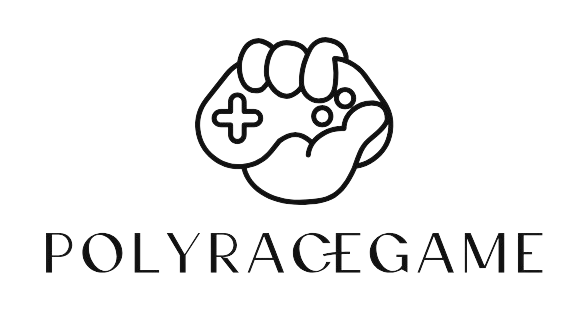In today’s global marketplace, counterfeit products pose a significant threat to businesses and consumers alike. Counterfeiting not only results in financial losses for companies but also damages brand reputation and poses serious risks to consumer health and safety. That’s why implementing robust anti-counterfeiting measures and brand protection strategies is of paramount importance.
The anti counterfeiting and brand protection are indispensable for businesses operating in today’s globalized and digital marketplace. By actively combating counterfeiting, businesses can protect their brand reputation, ensure consumer health and safety, promote fair competition, and safeguard their intellectual property rights.
Let’s delve into the significance of these efforts and their impact on businesses and consumers.
What are anti-counterfeiting measures?
Anti-counterfeiting is crucial for preserving a company’s brand integrity. Counterfeit products are typically of inferior quality, and their association with a legitimate brand can erode consumer trust and loyalty. This can lead to a decline in sales, as consumers become wary of purchasing products that may be counterfeit. By implementing effective anti-counterfeiting strategies, businesses can protect their brand reputation and maintain the trust of their customers.
Anti-counterfeiting efforts are also essential for preserving a fair and competitive market. Counterfeiters profit from the hard work and innovation of legitimate businesses, causing economic losses and hindering innovation. Counterfeiting not only affects the companies directly targeted but also disrupts supply chains and impacts legitimate manufacturers, distributors, and retailers. By actively combating counterfeiting, businesses contribute to a level playing field where innovation is rewarded, legitimate businesses can thrive, and consumers have access to authentic and high-quality products.

What is brand protection
Protecting brands is important for people’s health and safety. Consumers are put in danger since counterfeit goods rarely pass quality and safety inspections. The risks associated with utilizing counterfeit products are high, ranging from the health risks posed by fake drugs to the fire and electrocution hazards posed by fake electronics. Companies can guarantee the quality, safety, and authenticity of their products to clients by enforcing strong trademark protection procedures.
The rise of e-commerce and online marketplaces has made brand protection even more critical. Counterfeiters can exploit the anonymity and vast reach of the internet to sell counterfeit products, making it challenging to identify and stop infringing activities. Therefore, businesses must employ a multi-faceted approach to online brand protection, including monitoring online marketplaces, conducting takedown procedures, and implementing technologies like digital watermarking and unique product identifiers.
The implementation of effective anti-counterfeiting measures is not only a responsibility for a company, but it is also an investment in that company’s potential for long-term success and continued existence. We are able to establish a market environment where the prevalence of counterfeit goods is reduced, consumers are safeguarded, and legitimate firms are given the opportunity to prosper when we employ comprehensive techniques and collaborate with businesses, governments, and other consumers.
